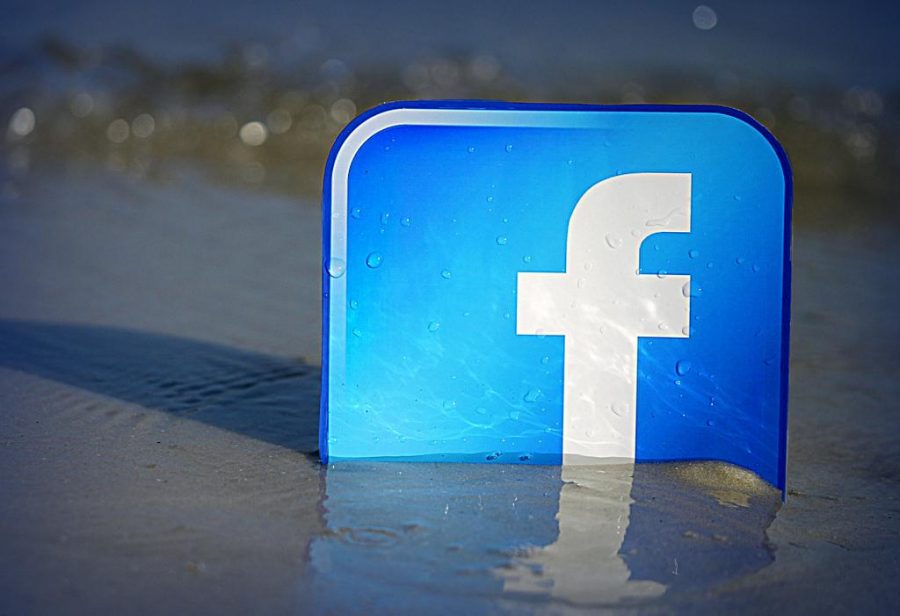The brutal truth about the online world is this: the internet has given us access to pretty much everything, but it has also given almost anything and anyone access to us. With the Cambridge Analytica and Facebook situation, this has only become more real and terrifying. WhatsApp’s co-founder, Brian Acton, knows it.
On March 20, 2018, Brian Acton released a tweet saying, “It is time. #deletefacebook,” after reports from The New York Times and The Guardian last weekend found that Cambridge Analytica, a conservative political consultant agency, illegally accessed and stored Facebook data from millions of users.
Since then, Facebook has suspended the Cambridge Analytica company, watched its value drop $37 billion after the weekend reports and observed its stock price drop nearly seven percent.
According to CNN, “Facebook is under fire from the public and politicians in the United States and the United Kingdom over its data privacy practices.” No wonder.
Chamath Palihapitiya, Facebook’s former vice president for user growth, said in December of 2017 that Facebook, “created tools that are ripping apart the social fabric of how society works.”
Many Facebook users have had their accounts hacked before and have filed complaints. Tthe Cambridge Analytica situation has only made them and others more concerned and angry. The internet, though growing fast and in some promising ways, is becoming more dangerous and less trustworthy.
Mark Zuckerberg, founder and CEO of Facebook, released a message to all Facebook users on Wednesday, March 21. He said, “We have a responsibility to protect your data, and if we can’t then we don’t deserve to serve you … This was a breach of trust between Kogan, Cambridge Analytica and Facebook. But it was also a breach of trust between Facebook and the people who share their data with us and expect us to protect it. We need to fix that.”
Following a timeline of events between Facebook and Cambridge, Zuckerberg shared the steps Facebook will be taking to prevent bad actors from accessing people’s information.
First, the company will be “investigating all apps that had access to large amounts of information before [they] change[d] [their] platform … to dramatically reduce data access …” and they will “… conduct a full audit of any app with suspicious activity.”
Second, Facebook will “… restrict developers data access even further to prevent other kinds of abuse. ” [We] will reduce the data you give an app when you sign in – to only your name, profile photo, and email address.
Third, it will “… make sure [users] understand which apps you’ve allowed to access your data.”
Many wonder if these steps will ensure public privacy and Facebook safety. For all the wrong that has occurred on Facebook, Zuckerberg has taken full culpability for the incident and promises to make things right.
“I started Facebook, and at the end of the day I’m responsible for what happens on our platform. I am serious about doing what it takes to protect our community,” Zuckerberg said. “We will learn from this experience to secure our platform further and make our community safer for everyone going forward.”
Maybe Zuckerberg’s promises and efforts won’t be enough. Maybe it is time to abandon Facebook.
Works Cited:
http://money.cnn.com/2018/03/20/technology/business/whatsapp-delete-facebook/index.html
Zuckerberg’s Facebook Profile March 21st Post


